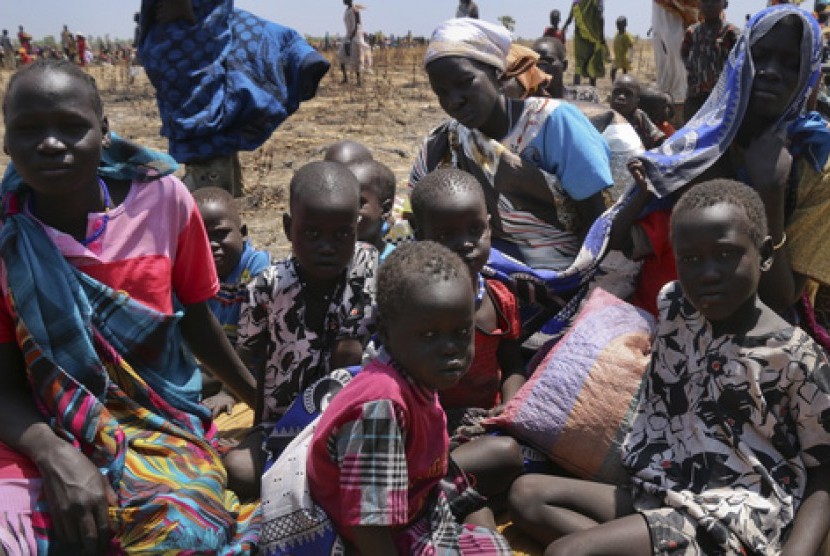REPUBLIKA.CO.ID, KHARTOUM -- On the World Water Day, March 22 each year, the United Nations International Children's Emergency Fund (UNICEF) said Wednesday only 68 percent of Sudan's population have access to basic improved drinking water. "In Sudan, only 68 percent of households have access to basic improved water, with rural at 64 and urban at 78 percent respectively," said UNICEF in a press release Wednesday.
"There are also disparities between states, with just around a third of households having access to safe water in Red Sea, White Nile and Gedarif compared to 90 percent in Khartoum and the Northern States," it added.
The UN organization further said that lacks of funding, management and community participation are among the main causes.
"Estimated 13 million people are still using unimproved drinking water sources, taking up 32 percent," it noted, pointing out the majority of these water sources are mainly surface water while some are groundwater sources.
It further stated that secondary sources of chemical and bacteriological contamination are seriously degrading the quality of water sources, which are mainly from industrial waste and commercial waste.
Meanwhile, UNICEF Representative Abdullah Fadil said in the release that "for children, lack of access to safe water can be tragic." "Diarrhoeal diseases linked to unsafe drinking water and poor hygiene are among the leading causes of malnutrition and child mortality in Sudan," he noted.
According to the release, UNICEF is working with the government and other key partners to support increased access to basic improved water supply, with a focus on women and children. On March 22 each year, the world celebrates the progress achieved in the water field in a bid to achieve global development goals and muster further political support.


